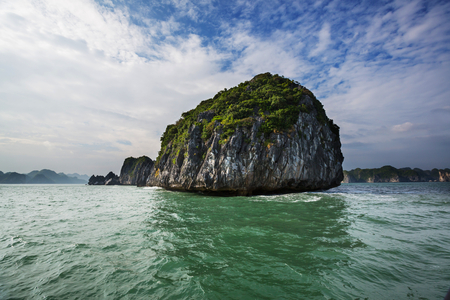I. The application of interest rates upon premature withdrawal of deposits from credit institutions and foreign bank branches
The State Bank of Viet Nam issued Circular No.04/2022/TT-NHNN dated 16 June 2022 on the application of interest rates upon premature withdrawal of deposits from credit institutions and foreign bank branches. This circular has the main contents as follows:
- Premature withdrawal of deposits in this circular means: premature withdrawal,cover, and payment of deposits.
- Interest rates upon premature withdrawal of deposit:
(i) Withdraws all the deposit: credit institutions shall apply a maximum interest rate
equal to its lowest interest rate of demand deposits based on the type of client
and/or the currency of the deposit when such client withdraws it.
(ii) Withdraws a part of the deposit:
- Regarding the part of withdrawn deposit before maturity: Credit institutionsshall apply a maximum interest rate equal to its lowest interest rate ofdemand deposits based on the type of client and/or currency of the depositwhen such client withdraws it; and
- Regarding the remaining deposit: Credit institutions shall apply the interestrate equal to the interest rate applied to the deposit that the client haswithdrawn a part.
II. Amending, and supplementing several articles of the Law on Intellectual Property
The National Assembly issued Law No.07/2022/QH15 dated 16 June 2022 on amending, supplementing several articles of the Law on Intellectual Property amended, supplemented by Law No.36/2009/QH12 and Law No.42/2019/QH14. Some notable contents are as follows:
Regarding the copyright and related rights:
- Supplementing the definition of co-authorship. Accordingly, the co-authorship has been identified that the number of authors (from two and more authors) who directly create works with intention of their contribution being combined into a complete whole; The person who supports, consults, or provides material for other people’s creation is not considered as the author or co-author.
- Adding a type of moral right that can be transferred: The author is entitled to transferthe using right of the right of name for works to the organization or individualreceiving the property right.
- Regarding an exception for not violating the copyright: Using published workswithout permission and without paying royalties or using published works withoutpermission and paying royalties if the author’s name and the original and the placeof publication of the work are informed.
- Supplementing the regulations of not to prevent or obstruct the dissemination anduse of the National Flag, National Emblem, and National Anthem. Specifically,organizations and individuals exercising intellectual property rights related to theNational Flag, National Emblem, and National Anthem of the Socialist Republic ofVietnam must not prevent or obstruct the dissemination and use of the NationalFlag, National Emblem, and National Anthem.
- Regulations on legal responsibilities for the copyright and the related rights ofintermediary service providers.
Regarding the industrial property rights:
- Sound signs represented in graphical representation can be protected under the
form of a trademark. - The identification of a well-known trademark is based on the criteria that are “widelyknown by the relevant sectors” instead of “widely known by consumers” of the 2005IP Law.
- Adding a case where an invention shall be deemed to have lost its novelty:Disclosed in another patent application with an earlier filing or priority date butpublished on or after the filing or priority date of the application of that invention.
- Prescribing new regulations on security control for inventions affecting nationaldefense and security. Accordingly, inventions created in Vietnam and under the rightof registration of the subjects in accordance with the law can only apply for inventionregistration abroad if the application for invention registration has been submitted inVietnam.
III. Frequently asked legal questions category Question: Do outbound investment projects have to pay Corporate Income Tax (“CIT”) in Vietnam after paying CIT overseas?
Answer: If outbound investment projects generate profits and have already paid CIT overseas, investors do not need to pay CIT in Vietnam; tax authorities will deduct it under the provisions of the Double Taxation Treaty, specifically as follows:
(i) If Vietnamese investors in overseas transfer their income to Vietnam after paying CIT in countries that have signed a Double Taxation Treaty, regulations of such Treaty shall be applied;
(ii) For the host countries that have not signed a Double Taxation Treaty with Vietnam, if the rate of CIT paid in the host countries is lower than the rate of CIT paid in Vietnam, the CIT difference amount shall be obtained under laws on CIT of Vietnam.
In case an income earned from outbound investment projects has been paid to the CIT (or a similar tax) overseas, investors may deduct the tax paid overseas or paid by the foreign partners (including the tax on dividends) from the amount of CIT payable in Vietnam, however, the deducted tax must not exceed the amount of CIT calculated under the Law on Corporate Income Tax of Vietnam.

For further information, please contact:
Minh Ngo Nhat, Partner, BLawyers
minh.ngo@blawyersvn.com





